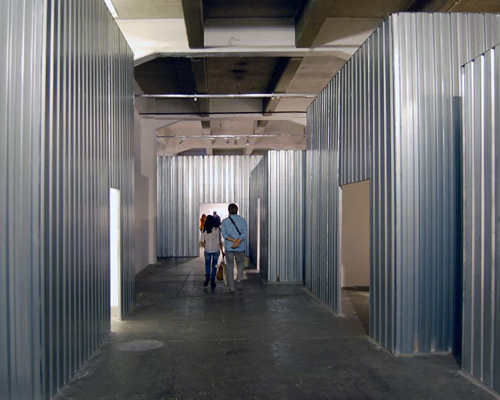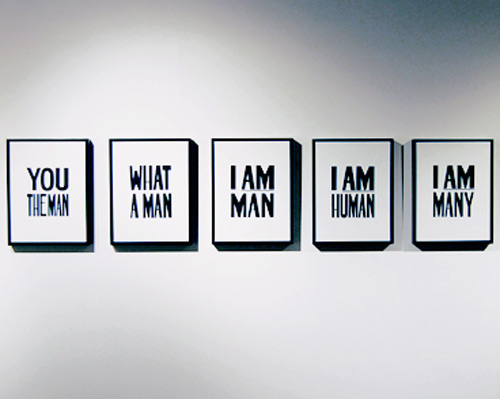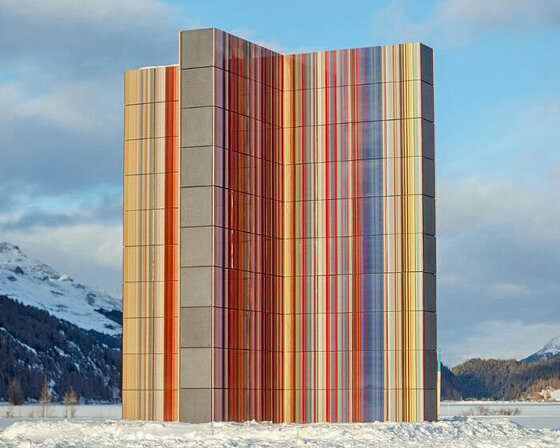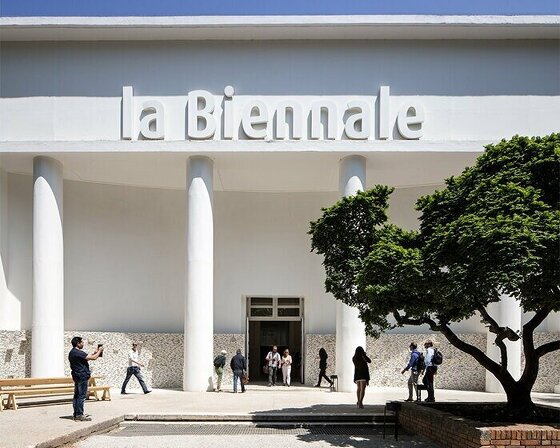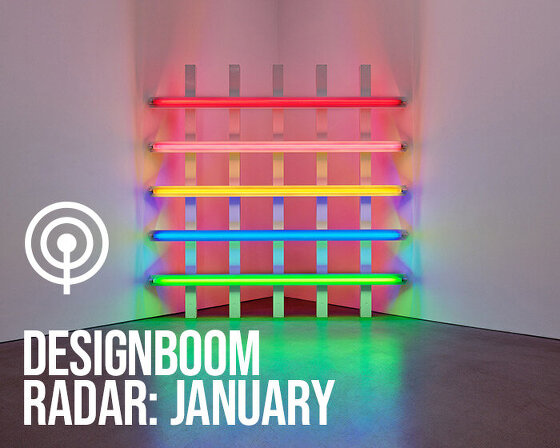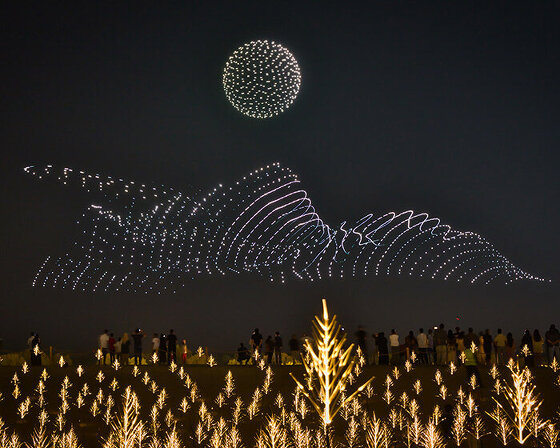KEEP UP WITH OUR DAILY AND WEEKLY NEWSLETTERS
rising over five meters, the sculpture consists of eight perpendicular panels clad in glazed ceramic tiles.
here’s what we know so far about the 2026 venice art biennale, shaped by the late curator koyo kouoh’s vision.
connections: 25
explore our monthly round up of must-see art, design, and architecture exhibitions to check out around the world.
connections: +190
the works are staged within mangroves, tidal waterways, and open sky, allowing technology and environment to operate as a single system.
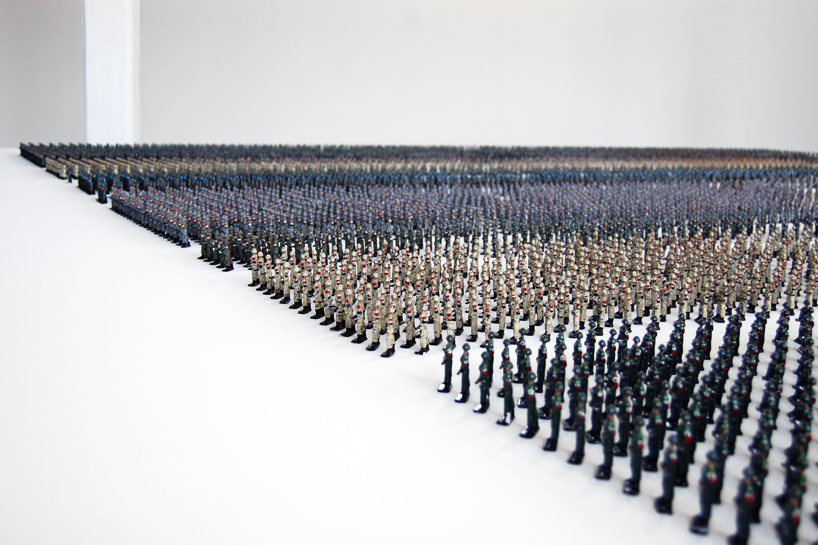
 nine armies image © designboom
nine armies image © designboom installation view of ‘tin soldiers’ image © designboom
installation view of ‘tin soldiers’ image © designboom the installation depicts the nine armies that were implicated in, or subject to, acts of war in today’s middle ease image © designboom
the installation depicts the nine armies that were implicated in, or subject to, acts of war in today’s middle ease image © designboom up close view of ‘tin soldiers’ image © designboom
up close view of ‘tin soldiers’ image © designboom each of the armies are lined-up systematically image © designboom
each of the armies are lined-up systematically image © designboom image © designboom
image © designboom image © designboom
image © designboom alternative installation view image © designboom
alternative installation view image © designboom